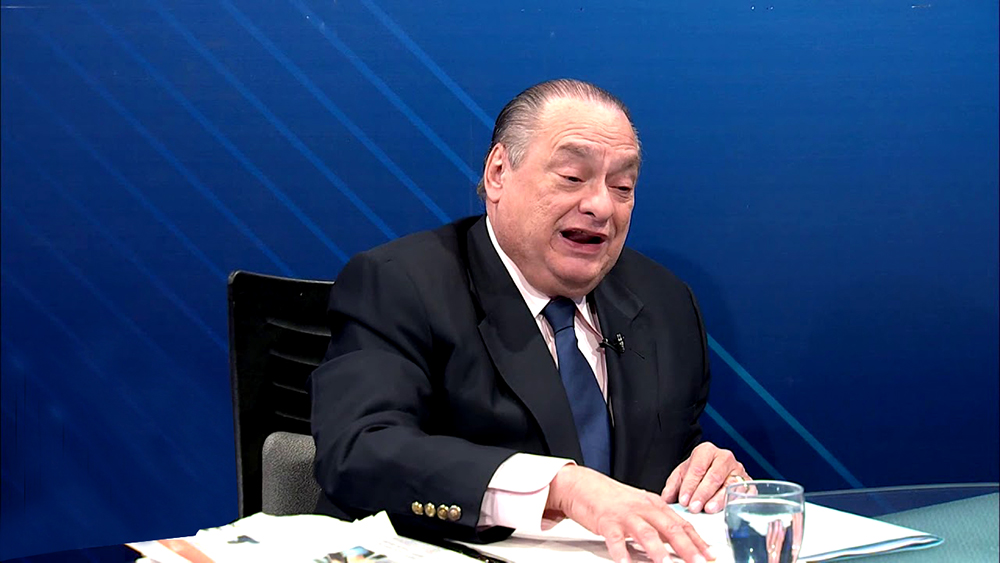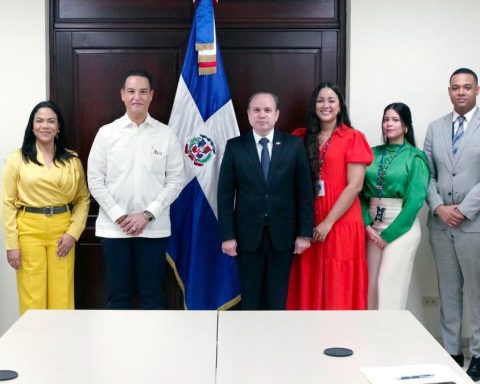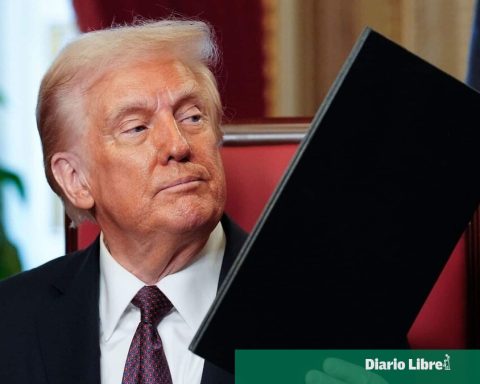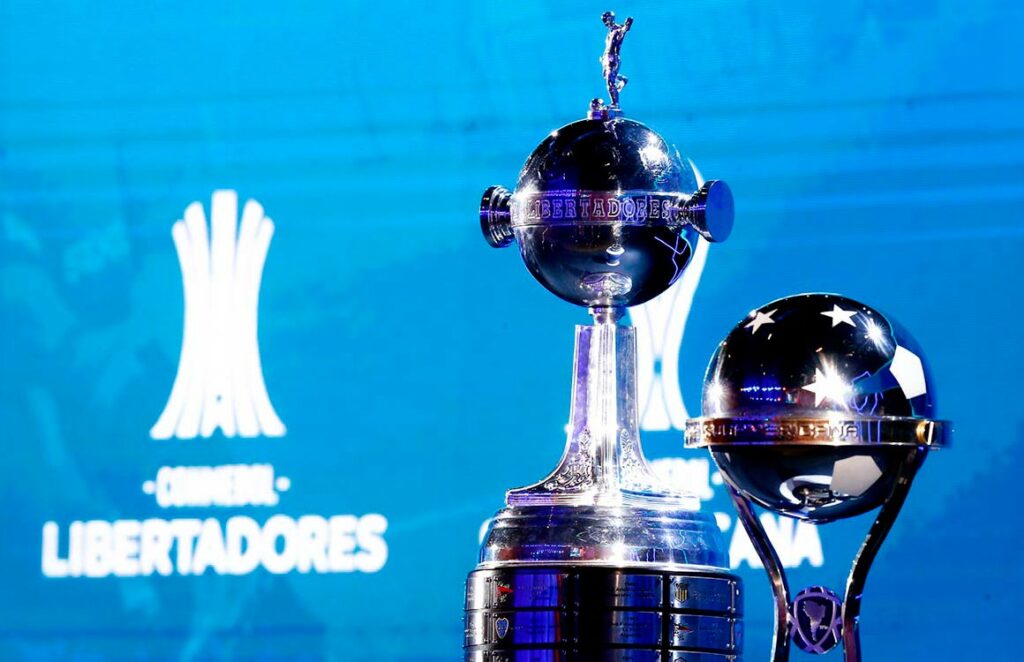The economist and former deputy governor of the Central Bank, Luis Manuel Piantini, assured that in the signing of DR-Cafta, the Dominican Republic lacked management capacity and made the serious mistake of handing over “as if nothing” an achievement that it had achieved in the World Trade Organization (WTO).
He recalled that when the country presented the offer of goods, at the end of the GATT, in the Uruguay round, in which the WTO was created, the Dominican Republic created an offer of goods, inherent to the tariffs that it was going to set for the entry or import of eight agricultural products. Those rates, which were 100%, were reduced to a level of 40%.
This is equivalent to saying that 60% of the protection they had was removed from Dominican products, but as a positive element, later -in 1999- what is called Technical Rectification was achieved, which before that was seen as something very difficult. Achieving this rectification means that it would be allowed to increase the offer or the tariffs again to the mentioned products. It was approved by then by the Council of the WTO.
As part of this Technical Rectification, the eight Dominican agricultural items, including rice, once again had tariffs (they had to be paid at customs), which in some cases were up to 90 and 100 percent.
It was then in the negotiation of the Free Trade Agreement between the United States, the Dominican Republic and Central America (DR-Cafta) that the Dominican side decided that the Technical Rectification entered into the negotiations.
In concrete terms, this meant that in twenty years, from that negotiation that was made, the Technical Rectification would be without effect or eliminated, even though it is in force in the WTO for the rest of the countries of the world.
For the North Americans and for the Central Americans it is not valid (when it comes to the Dominican case before them), because it was a joint negotiation that was made in that regard. In practice, while other nations can charge them tariffs, the Dominicans will not be able to, once the Technical Rectification is eliminated.
“It is something unheard of, that something that you had achieved with so much effort, you deliver it just like that,” criticized the economist Piantini, an expert on the subject.
He recalled that in a meeting held at the Dominican Agribusiness Board (JAD), at the beginning of 2005, which he attended, the president at that time (that president was Leonel Fernández) was asked to remove that agreement from Congress and to reviewed again, taking advantage of the fact that Costa Rica had not approved the agreement.
The former deputy governor of the Central Bank said that, unlike the Dominican Republic, Costa Rica spent a year renegotiating points in the DR-Cafta. The Dominican negotiators have been criticized for having done everything on the run, without studying in depth and without looking at future consequences, and for not protecting (leaving out of the agreement) products of such importance and sensitivity as rice, which is of main order in the Dominican diet.
“The agreement was approved as it was. What the authorities should have done was get that negotiated with those countries a long time ago… They should have had a conversation and went to negotiate with the Americans. That came here at the last minute… they wanted to talk there. That is not so (…)”, stated the former deputy governor of the Central Bank.
They thought that 20 years later it would be all easy
From the point of view of the economist Luis Manuel Piantini, “the officials who negotiated the Free Trade Agreement between the United States, Central America and the Dominican Republic, on the local side, thought that the Americans were going to come to altruistically hand over what they had achieved in a negotiation that benefits them.
“If they give you a lollipop, are you going to give it to the boy next door?” asks the economics professional, while recalling the different episodes that preceded and accompanied the signing process of DR-Cafta, of the It does not stop talking these days, regarding the fears of the rice sector.
Some fears that are based on the fact that from the year 2025 rice from the United States and Central America would enter duty free through customs, as stipulated in the agreement, which has the rank and weight of law. It is a law.
Once the large volumes of the US grain flood the market, this could place the rice sector in a “checkmate” position.

















